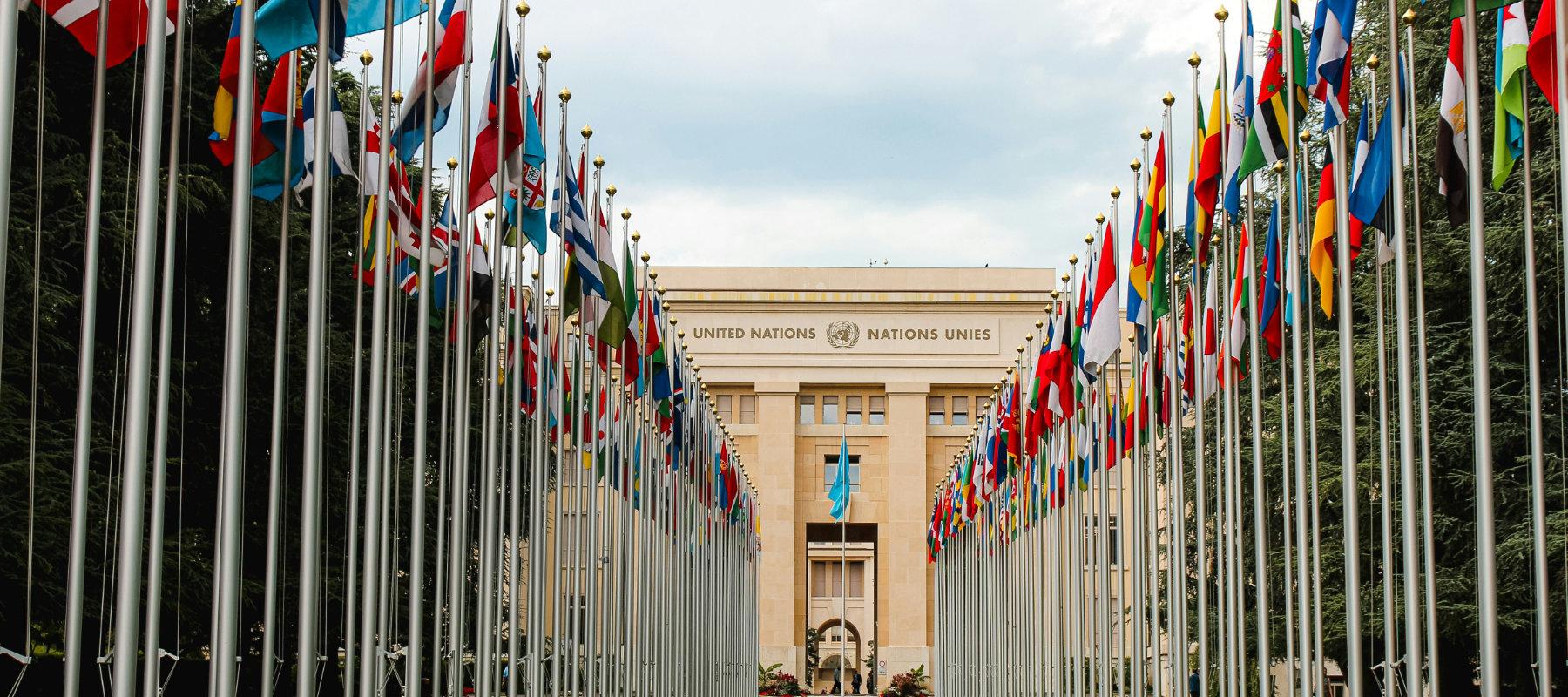Project Description
This project examines the contributions of the caselaw of the eight UN Human Rights Treaty Bodies (UNTBs) to the development of international human rights law.
Large number of states from all regions of the world have accepted the right to individual petition to UNTBs, despite this being optional. This has led to an exponential increase in case law of the UNTBs spanning the full range of civil, political, economic, social and cultural rights both from generalist UNTBs and those specialized rights of women, children’s persons with disabilities, racial discrimination, prohibition of torture and enforced disappearances. These decisions are often at thevanguard of international human rights law. Yet, they are poorly understood.
The ‘Deep Impact through Soft Jurisprudence’ project addresses the gap through two main strands of inquiry. First, the project systematises knowledge about UNTB case law by identifying and analysing UN human rights law cases across all UN human rights treaties that have had a lasting impact on the interpretation of human rights law - so called 'leading cases’. In its second strand, the project aims to study the impact the UNTB case law has on the case law of international courts, tribunals and commissions.
This three-year (2023-2026) research project is funded by the German Research Foundation (DFG). It is hosted by the Hertie School in Berlin in collaboration with the Bonavero Institute of Human Rights and University of Maastricht.



